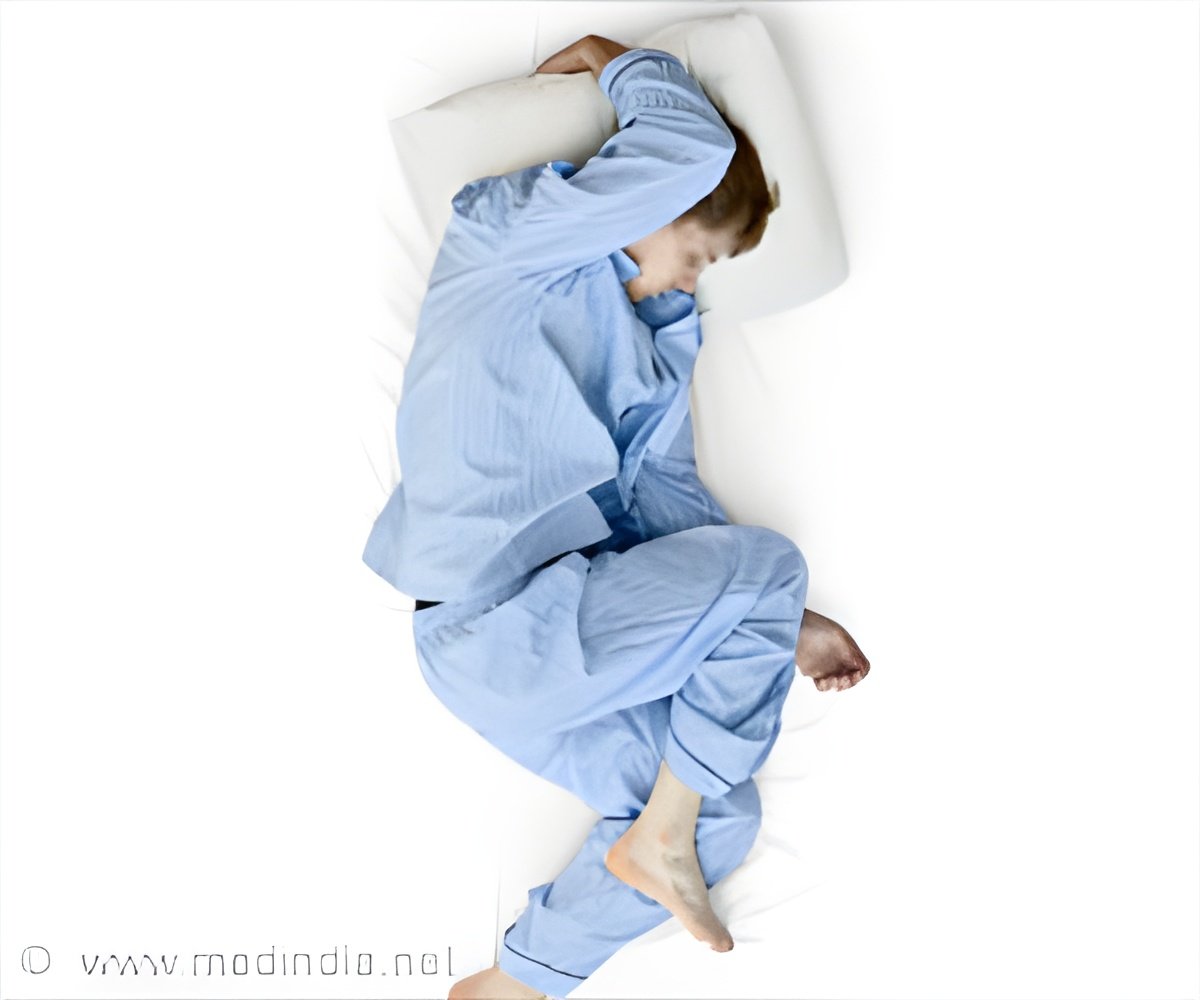Recent research suggests that insomnia and sleep disturbance can worsen pain perception in patients with osteoarthritis of the knees.

Researchers suggest that not all the joint pain in patients with osteoarthritis may be due to the disease per se. The perception of pain by the nervous system may also be heightened in these patients. The nervous system in patients with chronic pain sometimes gets increasingly sensitive and can cause pain amplification. Consequently, the patient may find the joint painful even after the pain has subsided. This phenomenon, where pain is amplified and maintained by the central nervous system, is called central sensitization.
Researchers also suggest that two other factors can influence the perception of pain in knee osteoarthritis – insomnia or sleep disturbance, and catastrophizing. While insomnia is a commonly known condition, not everyone may be aware of the term catastrophizing. Catastrophizing is a psychological situation where a person views a situation much worse than it actually is.
Researchers associated with the Johns Hopkins University School of Medicine in Baltimore, Maryland studied the relationship between three aspects in patients with knee osteoarthritis – sleep disturbance, catastrophizing and central sensitization. The study was conducted on 208 patients, most of whom were females. The participants underwent tests which included sleep assessments, psychological and pain evaluations, and sensory testing by which the researchers could assess the phenomena of sleep disturbance, catastrophizing and central sensitization.
The researchers found that patients with poor sleep and high catastrophizing scores had higher degrees of central sensitization, which resulted in more pain.
Thus, merely treating the knee joint may not always result in complete pain relief in patients with knee osteoarthritis. Sleep disturbance and catastrophizing may be causing more pain than what is being caused by the osteoarthritis. Therefore, psychological counselling and medications as necessary may bring about a better treatment response in these patients. Further studies are also necessary to understand if these results can be applied to other painful conditions as well.













